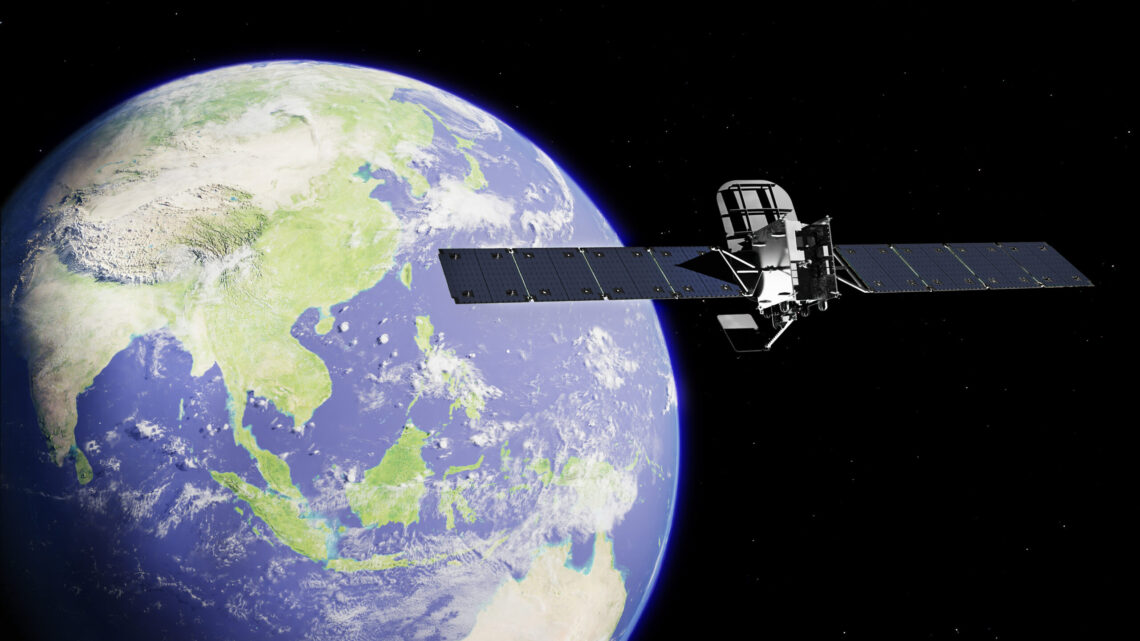TAMPA, Fla. — Thaicom has ordered a small geostationary satellite from Astranis for a launch in 2025 to provide broadband to some of the most remote and unconnected areas in Asia.
Thaicom-9 would provide Ka-band broadband at 119.5 degrees East in geostationary orbit (GEO), the Thailand-based operator announced March 6.
It is based on the same design as the other four 400-kilogram, washing machine-sized satellites the Californian manufacturer plans to deploy as part of Block-3.
Joining Thaicom-9 on a rocket Astranis has yet to announce are two satellites for Mexican telco Apco Networks and one for Orbits Corp of the Philippines. A customer has not been disclosed for the fifth satellite.
A batch of four Block-2 satellites is slated to launch at some point this year on a dedicated SpaceX Falcon 9 rocket, comprising another satellite for Orbits Corp, two for mobile satellite connectivity specialist Anuvu, and a multi-mission spacecraft called UtilitySat.
UtilitySat would initially serve as a replacement for Arcturus, the inaugural Astranis spacecraft that ran into solar power issues after launching last year to provide broadband over Alaska for local telco Pacific Dataport.
Astranis recently said the solar array component glitch on Arcturus has been fixed for future satellites, with Block-2 spacecraft now under an integration and testing phase after their launch was delayed last year.
The manufacturer operates the satellites it builds and provides capacity through long-term leases over their design life, which is eight years for those part of Block-3.
An onboard software-defined payload enables operators to reprogram the spacecraft and move bandwidth to where it is needed.
The satellites are also scaled to provide smaller geographies with targeted bandwidth at lower costs, compared with significantly larger GEO spacecraft typically weighing thousands of kilograms.
Astranis plans to deploy more than 20 satellites over the…
Read the full article here


